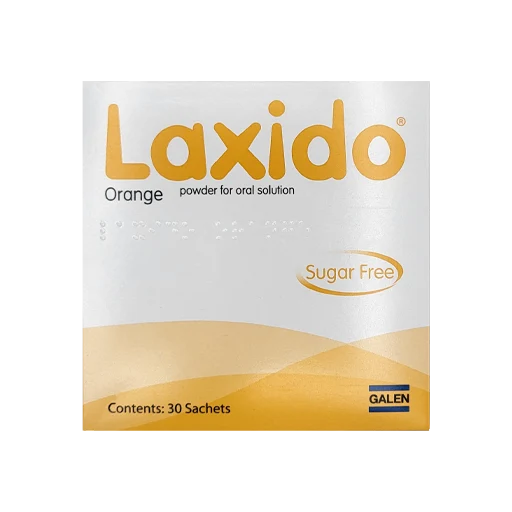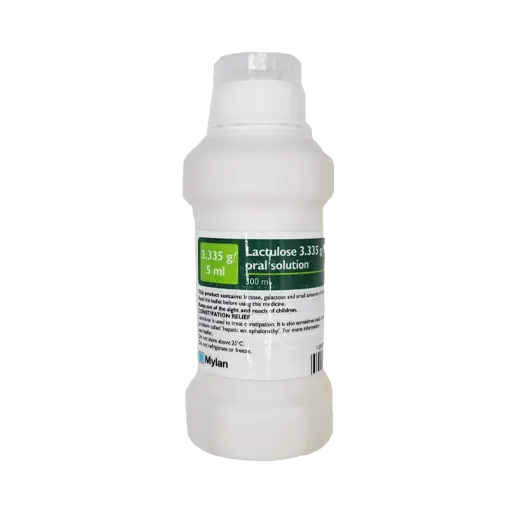How to Relieve Constipation
Constipation is a common problem that can affect anyone at any time. While it’s usually temporary, chronic constipation can be uncomfortable and disruptive. This article will explore what constipation is, its causes, natural remedies, prevention methods, and treatment options. We’ll also answer some common questions about constipation to help you better understand and manage this condition.
What is Constipation?
Constipation is when you have difficulty passing stools, or you pass stools less frequently than usual. Generally, if you have fewer than three bowel movements per week or experience hard, dry stools that are painful to pass, you may be constipated. Constipation can cause bloating, abdominal discomfort, and a sense of incomplete bowel movement.
Common Causes of Constipation
Several factors can contribute to constipation, including:
- Low fiber intake: Fiber helps to add bulk and soften stools, making them easier to pass.
- Dehydration: Water is essential for softening stools, so insufficient water intake can lead to constipation.
- Sedentary lifestyle: Physical activity stimulates the gut and promotes bowel movement, so a lack of activity can slow things down.
- Medication: Some medications, such as pain relievers and iron supplements, can contribute to constipation.
- Ignoring the urge: Holding in bowel movements too often can lead to constipation.
- Stress and mental health: Anxiety and stress can sometimes affect gut health, slowing down bowel movements.
Natural Remedies for Constipation
If you’re experiencing constipation, these natural remedies may help relieve it:
Increase Your Fiber Intake
Foods rich in fiber, like fruits, vegetables, and whole grains, can add bulk to stools and make them easier to pass. Aim for around 25-30 grams of fiber per day.
Stay Hydrated
Drink plenty of water throughout the day. Water softens stools and makes it easier for them to move through the digestive tract.
Exercise Regularly
Physical activity helps stimulate the intestines, encouraging regular bowel movements. A daily 30-minute walk or other low-impact exercises can be beneficial.
Add Probiotics
Probiotic-rich foods, like yogurt or kefir, help promote healthy gut bacteria, which can aid in digestion and improve bowel regularity.
Prunes and Prune Juice
Prunes are high in fiber and contain sorbitol, a natural laxative that can help stimulate bowel movements. Just a few prunes a day can be helpful.
Try a Hot Drink
Drinking a warm beverage, especially in the morning, can stimulate the digestive system. Herbal teas, warm lemon water, or even just warm water can help.
How to Prevent Constipation
To avoid constipation in the future, consider incorporating these practices into your routine:
- Maintain a high-fiber diet with plenty of fruits, vegetables, and whole grains.
- Stay hydrated by drinking at least 6-8 glasses of water daily.
- Be active; regular exercise keeps your gut moving and supports overall digestive health.
- Establish a bathroom routine by setting aside time to go to the bathroom, ideally after meals, when the digestive system is naturally active.
- Don’t ignore the urge; holding it in frequently can lead to constipation over time.
Laxatives for Constipation
There are several types of laxatives available to treat constipation. Here’s a quick overview:
Bulk-forming Laxatives
These contain fiber and help add bulk to stools, making them easier to pass. Examples include ispaghula husk sachets and the more well known brand of it Fybogel sachets.
Stool Softeners
Stool softeners, work exactly as their name implies by softening the stool, which helps it pass more easily. Examples include docusate sodium capsules.
Osmotic Laxatives
Osmotic laxatives, such as Laxido sachets or lactulose solution, help draw water into the intestines, making stools softer and easier to pass.
Stimulant Laxatives
Stimulant laxatives, like senna and bisacodyl, speed up the movement of the digestive tract muscles, promoting bowel movements. They should be used sparingly, as frequent use can lead to dependence.
Summary
Constipation can be frustrating, but it’s usually manageable with lifestyle changes, natural remedies, and, when needed, short-term use of laxatives. By maintaining a high-fiber diet, staying hydrated, and staying active, you can often prevent constipation from recurring. If constipation persists or if you’re unsure about which treatment to use, speak with a healthcare professional for guidance.
Frequently Asked Questions
1. Can Constipation Cause Back Pain?
Yes, constipation can cause back pain, especially if it leads to bloating or if stools are hard and difficult to pass. The discomfort from constipation can sometimes radiate to the lower back.
2. Can Bananas Cause Constipation?
Bananas can have varying effects depending on ripeness. Unripe bananas are high in resistant starch, which can contribute to constipation. Ripe bananas, on the other hand, contain more soluble fiber and are less likely to cause constipation.
3. Can Paracetamol Cause Constipation?
Generally, paracetamol is not known to cause constipation. However, some people may experience it if they’re taking high doses or if it’s combined with other medications that have constipating effects.
4. Can Eggs Cause Constipation?
Eggs are not typically high in fiber, so they don’t actively promote bowel movements. For some people, a diet high in eggs and low in fiber can contribute to constipation. Adding fiber-rich foods alongside eggs can help maintain bowel regularity.
5. Is It Safe to Take Laxatives Long-Term?
Apart from ispaghula husk, most laxatives are meant for short-term relief. Long-term use, especially of stimulant laxatives, can lead to dependence, where the bowel no longer functions properly without them. It’s best to consult a healthcare provider if you need frequent laxative use.
6. How Long Does it Take for Fiber Supplements to Work?
Fiber supplements, like ispaghula husk, may take 1-3 days to produce noticeable effects. Regular use alongside adequate hydration is key for fiber supplements to work effectively.
Sources
Related products
-
P

laxido sachets
£7.99
-
P

lactulose solution
£6.99
-
P

senna tablets
£3.99
-
GSL

fybogel sachets
£7.69
-
GSL

ispaghula husk sachets
£6.09
-
P

dioctyl capsules
£3.85
-
GSL

glycerol suppositories
£3.19